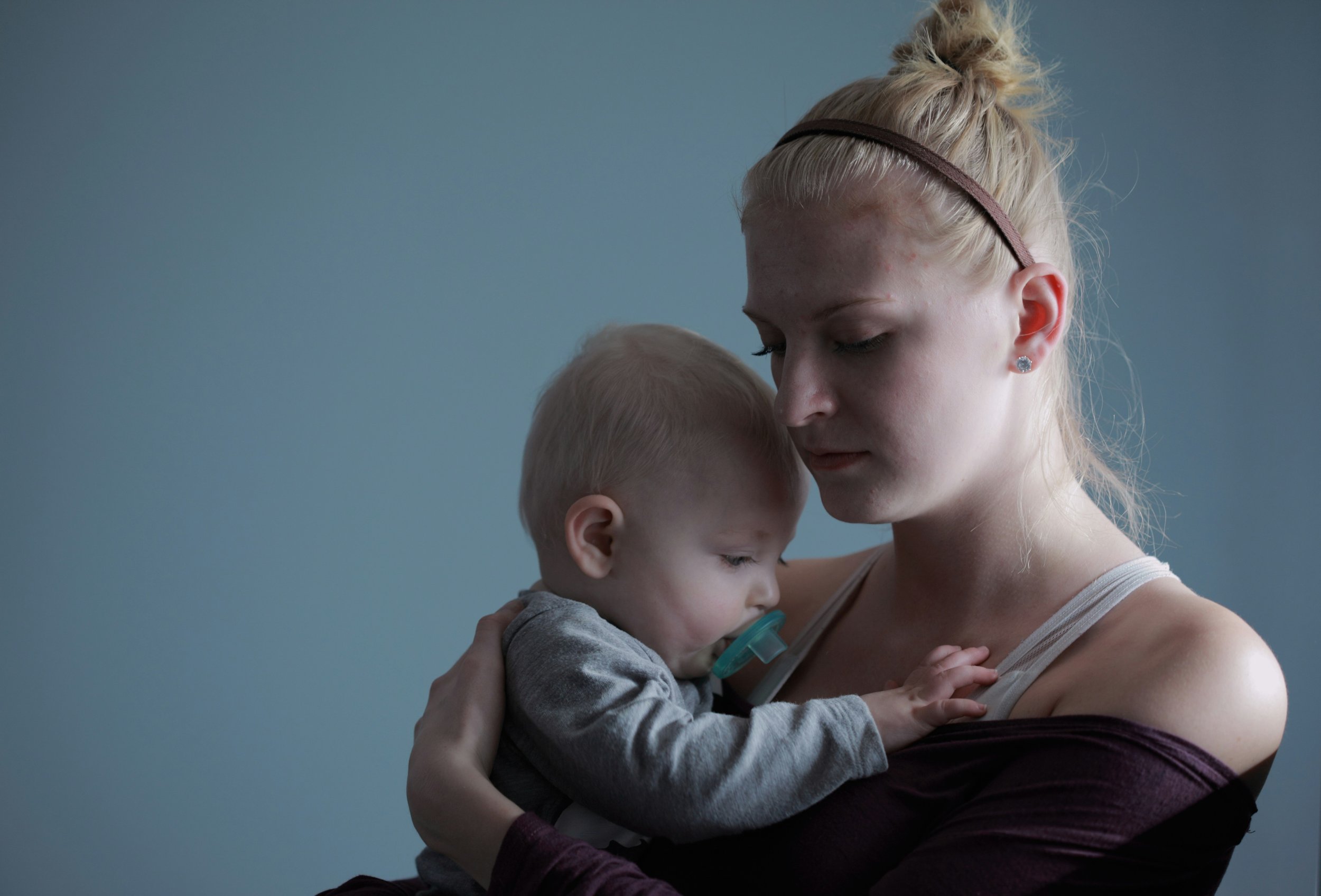
Redefining Success During the Holiday Season: Setting Boundaries with Family Expectations
The holiday season is often a time for you to connect with family and celebrate those familial connections with joy. However, for many of us, the holiday season can be a really stressful period, especially when it comes to the topic of family and setting healthy boundaries. In some households, setting boundaries may be really difficult. This season can challenge even the most centered among us as we navigate various struggles from your relatives’ expectations about how you “should” spend the holidays, subtle (or not so subtle) pressure to achieve certain milestones, or simply just old tensions resurfacing. This year, let’s redefine what success looks like during the holidays. It should not be based on meeting others' expectations but on staying true to ourselves.

Are you using your child to get back at your ex? The Impact of Parental Alienation
Constance and Damian have recently gone through a bitter divorce. Constance feels deeply hurt by Damian's actions during their marriage, and though he wants to stay involved in their children's lives, Damian does not want to be married anymore. This is a blow to Constance, she thought things were going ok despite the challenges of raising two and the economic stress they’ve been under. Constance can't seem to move past her anger. She starts making it difficult for Damian to see the kids—canceling visits at the last minute, ignoring his calls, and speaking negatively about him in front of their children. As weeks turn into months, Damien notices that his son, Jake is becoming more distant, even protective of Constance. His younger daughter, Grace, seems confused. Constance’s unresolved anger is inadvertently causing emotional harm to their kids.

Ugh! I am having problems talking to my kid! Ways to improve communication with children and teens
Improving communication with children and teens is essential for fostering healthy relationships and supporting their development. It is not easy to do with busy schedules, long work days and long commutes. There are not enough hours in the day to be the kind of parent we want to be. And let’s be real, sometimes our kids get on our nerves! Especially when they are having growth spurts or when teens are going through the individuation process (when they begin to get a sense of themselves in the world separate from you) they can be hard to talk with. Here are some strategies that can help enhance communication:

Building Stronger Foundations: Working with Children and their Families
Family dynamics play a critical role in shaping a child's behavior and development. The family is often considered the primary social unit where children first learn about relationships, communication, and values. Children are highly influenced by the interactions and relationships within their families, and these dynamics can either promote healthy or problematic behaviors. For instance, a supportive and nurturing family environment can lead to positive behaviors in children, fostering qualities like empathy, cooperation, and self-confidence. Conversely, a family with a high level of conflict, neglect, or inconsistency can contribute to behavioral problems, such as aggression, anxiety, or poor social skills.
